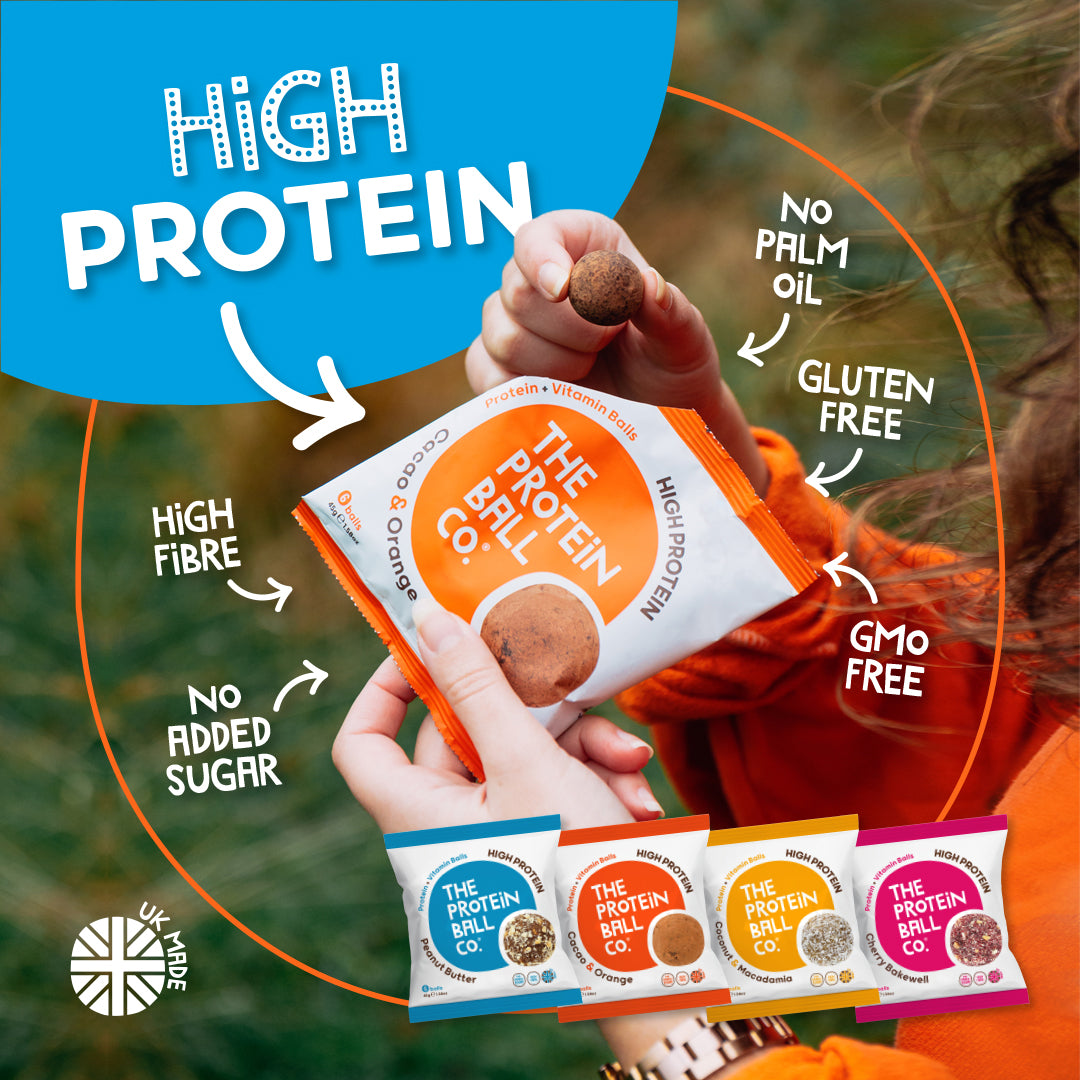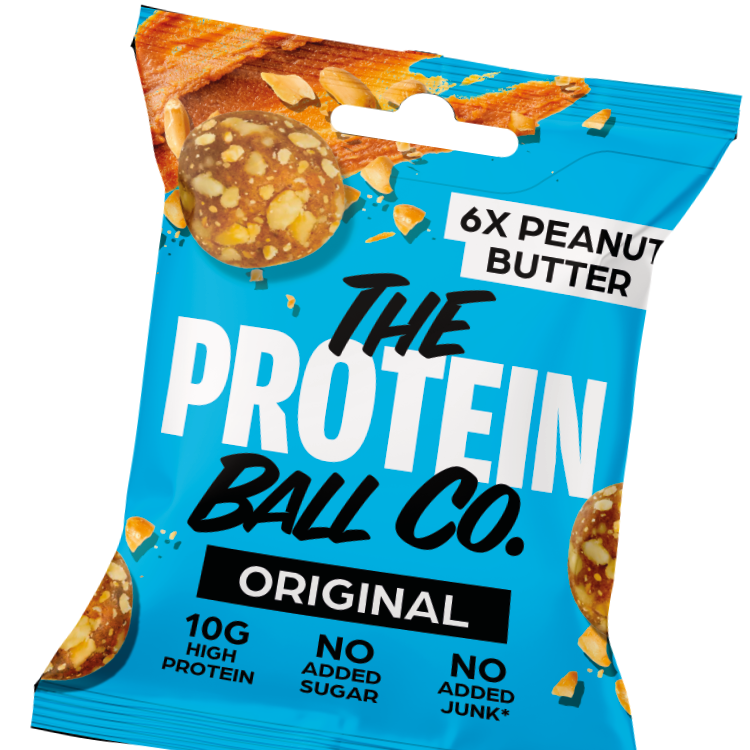

Natural Sugars VS Added Sugars
There is no doubt that we as a nation are consuming far too much sugar. This is partly due to the fact that sugar is hidden in so many unexpected foods and drinks such as soups, pasta sauces and ready meals. In fact, it is suggested that sugar is found in about 75% of the foods that we eat. So whilst you wouldn’t think twice about saying ‘no’ to a Mars bar for mid-morning snack (which contains a staggering 20g of sugar may we add!), there are snacks on the market, that contain more than 20g of sugar per serving!
Not only does excessive sugar consumption deplete the enzymes necessary for the proper digestion of food, it is also the perpetrator behind diseases such as diabetes, high blood pressure and our growing obesity epidemic in the UK.
However, nutrition related topics are never black and white and there is absolutely a place for sugar in our diets. This of course includes added sugar, in moderation. However, it is very important to distinguish between natural sugars and added sugars as they have dramatically different effects on the body, and it’s often not clear which type of sugar we’re eating includes, so we can make our own informed decisions.

What are the core differences?
Added sugar is the sugar that is added to food/drinks during the production process, as opposed to being naturally occurring. This sugar is generally refined - the type that we add to our teas and coffees, which comes from sugar cane or sugar beets. By refined, we mean that the sugar has been processed and heated to strip it back to its raw form which breaks down the most important parts - the minerals, vitamins and nutrients.
On the other hand, naturally occurring sugars are found in fruits (fructose) and dairy products (lactose). These sugars don’t count towards those recommended 30g of free sugars per day. Unlike added sugars, which are highly concentrated and easy to consume, natural sugars come with the bulk of the fruit, with the water, and the fibrous container of the fruit. This not only takes longer to eat, but is also more difficult to consume in excess. Just think how easy it is to demolish a bag of Haribo or Maltesers vs a bag of apples?
How does our body process them differently and why is it important to pay attention to them?
Added sugars are processed by the body very quickly and tend to result in a ‘sugar crash’. This is triggered by a huge spike in your insulin levels, closely followed by a drop in blood glucose levels which generally leaves us feeling hungry, irritable and craving more! The more we eat them, the more we crave them.
Added sugar also stimulates the production of free fatty acids in the liver which is one of the main causes of inflammation.
On the other hand, due to nutrients such as fibre, the natural sugars found in fruits and vegetables are absorbed into the bloodstream and metabolised much slower. They take much more effort for our bodies to break down than added sugars. The best part about these sugars is that they haven’t been heat pasteurised on their way to us so they still contain all the health enhancing nutrients found in the fibres within fruit and veg (e.g. vitamin C).
This is exactly why we only include fruits such as dates and berries in our bars which gives it the perfect amount of sweetness without having detrimental effects on our bodies.
In summary…
We need glucose for energy, but our bodies can get that from eating wholegrains, vegetables and fruit. By following a nourishing, wholesome diet, the desire for sugary foods is likely to decrease. With that being said, it is important to acknowledge that too much added sugar is bad for our health, however, it absolutely can be enjoyed in moderation as part of a balanced diet.

